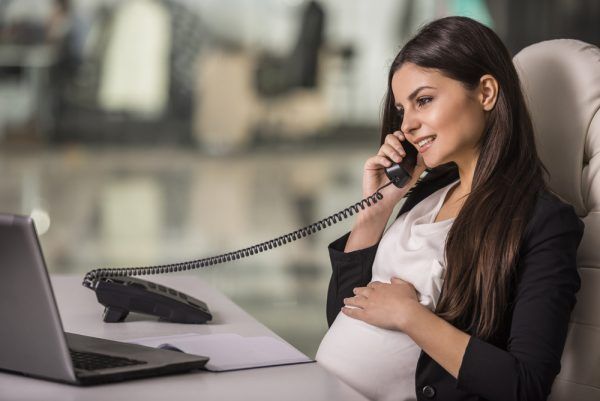What you need to know about pregnant employees, safe jobs and parental leave
By Charles Power
Where a pregnant employee is fit for work, but cannot continue to do her job because of risks or hazards arising out of her pregnancy, she will be entitled to either an appropriate safe job or to take no safe job leave.
You can require the employee to supply a medical certificate to support this. If this is supplied and you have another safe job available with the same working hours, you must transfer the employee to that job for so long as it is unsafe for her to work in her old job. You can’t otherwise change the employee’s terms and conditions of employment.
A safe job is a job that the employee can perform without any risk to her safety or foetus, and it has the same ordinary hours of work as the employee’s old job – unless the employee agrees to vary those hours.
You have to pay the employee for working in the safe job at the same rate of pay as in the old job including bonuses, allowances, penalties and commissions.
If you don’t have another appropriate safe job for her to perform then the employee can take no safe job leave for as long as her old job is unsafe.
If the employee is not entitled to unpaid parental leave under the Fair Work Act, this safe job leave is unpaid.
If the employee is entitled to unpaid parental leave and has given proper notice of the intention to exercise this entitlement, you have to pay the employee for this safe job leave at her base rate of pay for the ordinary hours she worked in her old job.
What if the pregnant employee is unfit for work due to pregnancy-related illness?
If an employee is on no safe job leave 6 weeks or less before the expected date of birth of the child, you can ask the employee to provide a medical certificate stating whether she is fit for work.
If, within 7 days after requesting a medical certificate, the employee:
(a) does not provide the requested certificate; or
(b) provides a certificate indicating that the employee is unfit for work due to her pregnancy and will remain unfit until the expected birth date,
you can require the employee to commence unpaid parental leave early.
What if the pregnant employee is performing her original role and becomes unfit for work due to pregnancy-related illness?
If the employee has paid personal leave, she can take it. If the employee has exhausted her personal leave, she is entitled to unpaid special maternity leave. In either case, she must give you written notice of this leave as soon as practicable (which may be a time after the leave has started). The notice must state the period, or expected period, of the leave. The notice does not have to be in writing.
In the case of special maternity leave, you can require the employee to supply a medical certificate. In the case of personal leave, this can only be required if reasonable. Generally, it won’t be reasonable to require medical certificates for ad hoc single-day sick leave absences.
Get the latest employment law news, legal updates, case law and practical advice from our experts sent straight to your inbox every week.

